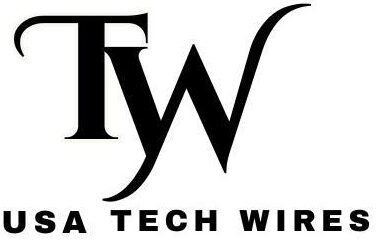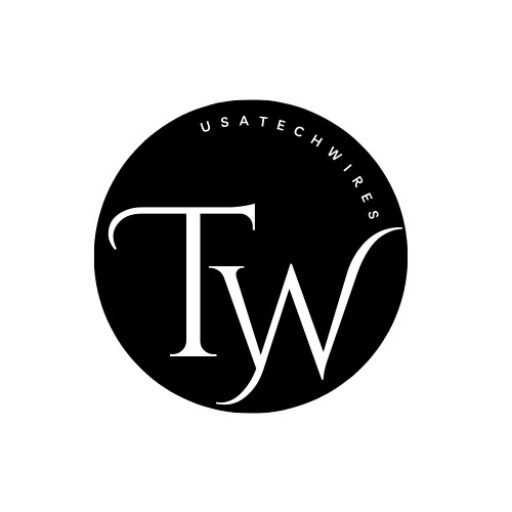Human Capital Strategist The Modern Day Workforce, the Role, and the Impact

Introduction
Table of Contents
In the world of work that is ever evolving, the role of a human capital strategist is perhaps the most sought after today. These individuals participate actively in the management and exploitation of the most important resource of every organization – the people. They are responsible for systematically organizing the organization and for hiring the factors to be available at the right time and the right place. This paper focuses on three facets: employing a human capital strategist, its importance and the functions performed by him.
Who is a Human Capital Strategist?
A human capital strategist is an HR professional who works at a managerial level and is concerned with the optimal use of human resources in order to achieve the organization’s objectives. Unlike in the case of human resource recruiting and only restricting their functions to finding and placing people, human capital strategist addresses and implements long term creative economical talent building mechanisms that lead to progress and prosperity. They join forces with management to estimate future demand for labor, and develop employee hiring and growth strategies. This forward-looking capacity allows organizations to be competitive in the marketplace.
The contribution of a Human Capital Strategist on the Growth of the Business
The contribution of a human strategist is key for he or she is able to put in the initiatives necessary for ensuring there is growth in the business over the long term. By developing human resources in line with business objectives, they enable the company to be sustainable in competitive and shifting markets. In addition, they implement good programs to engage and retain the organization’s employees resulting in lower turnover rates. When providing services to the business, a human strategist helps optimize both employee engagement and organizational effectiveness.
Contribution of a Human Capital Strategist on Company Culture and Values
Human capital does influence organizational strategies and policies which determine a human resource strategist’s organizational culture. They build a positive work environment by implementing policies which encourage diversity, inclusion and employees’ well-being. They strive to build an organizational culture in which employees feel appreciated.
Benefits of Recruitment of a Human Capital Strategist
Improved Recruitment and Retention Rates: Organizations can reach out more and have a number of recruitment options and have plans to involve employees which makes it easier for top- notch individuals to be recruited and witnesses minimal workforce turnover.
Enhanced Employee Satisfaction: Striving for positive growth of employees leads to a culture of satisfaction hence, employees are more loyal and the chances of turnover are significantly less.
Greater Adaptation to Changes in Market Conditions: It is more productive to prepare an employee population that will be able to respond to changes in market conditions and ensure business goes on as usual.
Lower HR-Related CCC: The relevant costs of hiring and training as well as those related to turnover are always reduced through the application of competent talent management approaches which improves the profit of the surrounding business organization.
The Future of Human Capital Strategist
With their appropriate position growing, one can expect businesses to further evolve the role of a human capital strategist. Trends like working from home, leveraging technology for hiring, and more focus on employee’s health and wellbeing will influence the strategies of such professionals. A human strategist will need to be continually on the go to meet such emerging changes while using information and technologies that will enable the organization and its employees to benefit or be positively influenced.

Conclusion
Western capitalism is brave and cruel, and so just as human capital strategists can be considered to be an asset, only an organization with real ambitions for the long term will consider them to be so. Seeking to enable integration of human capital with goals of the business strategies, they promote development, boost employee morale and assist in the creation of an agile and robust company culture. Changes in the nature of the work will demand the relevant strategic insights and skills from the human capital strategist who will in turn provide solutions to the above issues in the future.
FAQ
Q1. In what formal education can one pursue in order to become a human capital strategist in organizations?
A. There are certain responsibilities HR strategist possesses such as; a professional degree in HR, business administration or its equivalent coupled with an experience in human resource and strategic planning.
Q2. What is the main difference between handling human resource management by archived HR strategists and regular HR specialists?
A. Even though these positions are related in human resource management, a major distinction is that a human strategist provides strategic direction for the organization’s business aligning the HR strategy to the organization’s core ethos and overall aspirations.
Q3. How have human capital strategists assisted in helping companies expand?
A. This is achieved when the enterprise systematically develops a strategic link between its people and business strategy thus increasing the chances of future demand and reducing employee attrition.
Q4. What are some of the most highly demanded human skills that you would expect for a seasoned human capital strategist?
A. The key competencies include: Strategy formulation and implementation, In-depth analytical skills, Effective oral and written communication, high emotional intelligence and competence in HR systems.
Q5. As you continue with this discourse, can you outline more ways how human capital strategists employ analytics in organizations?
A. They also use data analytics in monitoring and evaluation of workforce requirements, organizational productivity or employee effectiveness and designing employee recruitment tactics.







